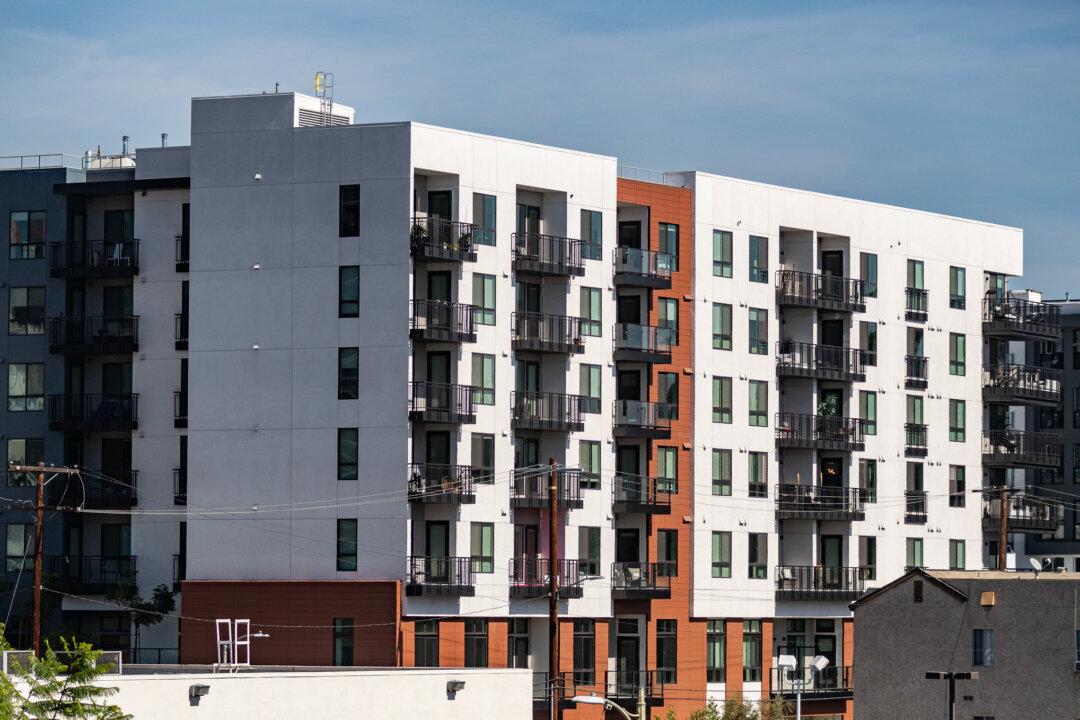LOS ANGELES—The city of Los Angeles will launch its Emergency Renters Assistance Program on Sept. 19, with the aim of providing financial assistance toward back rent to low-income renters at risk of homelessness due to COVID-19 or other financial hardships.
The program, funded by Measure ULA funds, also known as the “mansion tax,” will offer up to six months of rental assistance, and renters can apply online at any time during the application period at this website or by phone at 888-379-3150, Monday to Friday from 8 a.m. to 6 p.m. The application opens at 8 a.m. and ends Oct. 2 at 6 p.m.





